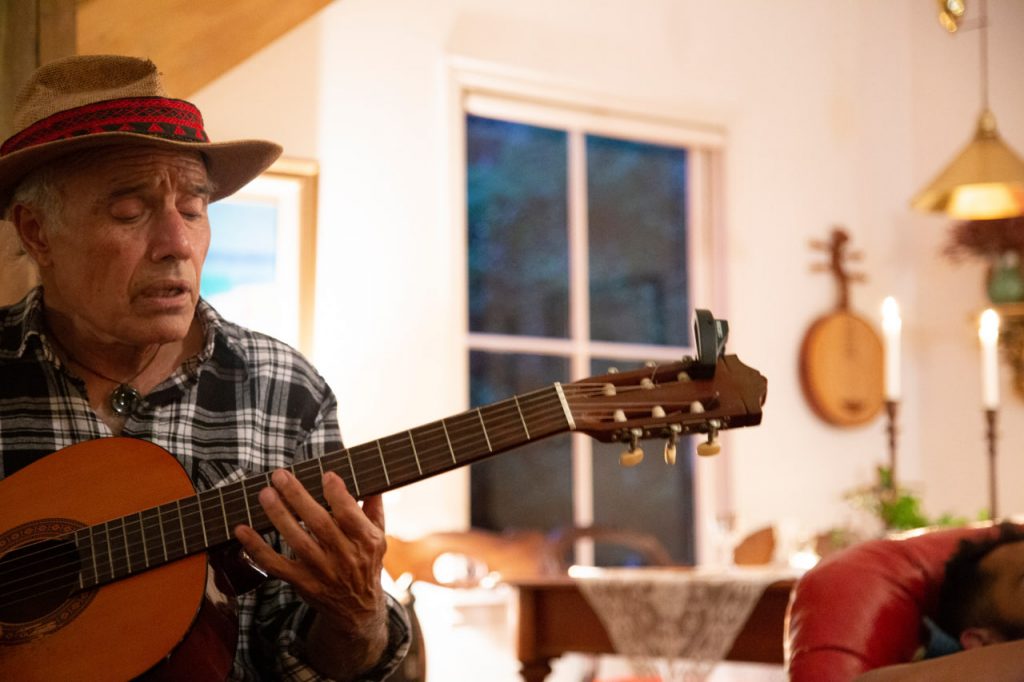As a musician, I’ve spent a lot of time in environments where everything feels like a race—who can book the best gig, get the most streams, or drop the next viral track. The pressure to stand out can sometimes suck the joy out of making music. That’s why Folk Song Reboot felt like such a revelation.
From the moment I walked into the studio space for the in-person workshop, I could feel something different in the air. No egos. No posturing. Just curiosity, kindness, and a shared love for exploring the roots of sound.
We weren’t there to show off—we were there to create together.
On the second day, we had a “Song Swap” session where we each brought a traditional folk tune from our heritage or upbringing. I shared a 19th-century Appalachian ballad my grandfather used to hum when he worked in the garden. Then something amazing happened—one participant from Hungary heard a melodic similarity to a song from her region. Another added a jazz chord progression beneath it. And suddenly, we were co-creating a new version, across languages, histories, and genres.
No one was trying to lead. We were building something together.
What made it so powerful was the culture of trust. Folk Song Reboot isn’t just about making music—it’s about dismantling the myth that creativity is a competition. Instead, it’s a call to return to what folk music has always been at its heart: communal, participatory, and meant to be shared.
I’ve carried that energy into my own work. I now invite other musicians into my writing process. I’ve started hosting local song circles. And I’ve stopped measuring my value by plays or likes.
Instead, I’m asking: Who am I making this for? Who am I making this with?
Folk Song Reboot gave me a renewed love for collaboration—and reminded me that the best songs aren’t always the ones you write alone.

